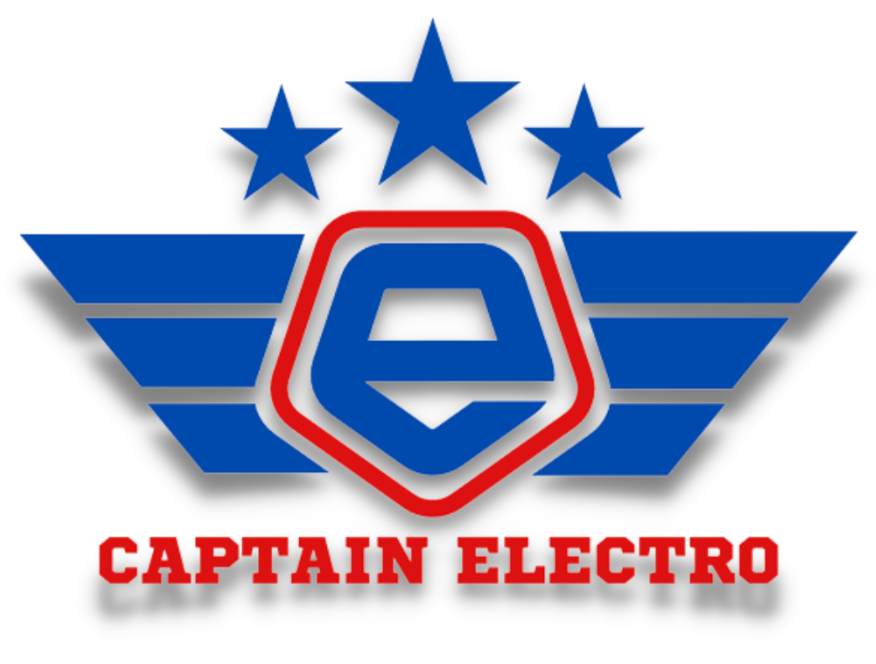Can The Nuuva V300 Electric Flying Truck Actually Deliver the Goods?
Image Credit: Pipistrel.
Right, so, another electric contraption takes to the skies. This time, it's not some rich bloke's flying car fantasy, but something altogether more practical – a cargo drone. Pipistrel, a Slovenian outfit with a penchant for electric aviation, has unveiled its Nuuva V300. You should know by now that I'm always intrigued by new tech, but even I have to admit I'm a bit of a skeptic at heart. This Nuuva V300, though, it's got my attention.
For starters, it's not trying to be a flying limousine for the one percent. No, this thing is actually designed to haul stuff. And I mean stuff. We're talking about a payload of up to 600 pounds. That's like a small piano or a lot of Amazon parcels. And it can lug this cargo for a respectable 300 nautical miles, which is about 345 regular miles. That's not bad at all.
The clever bit is that it's a hybrid-electric. So, it's not entirely reliant on batteries, which, let's face it, are still a bit of a faff when it comes to long-distance flying. Pipistrel hasn't revealed all the juicy details about the powertrain, but it's safe to assume it combines an electric motor with some sort of internal combustion engine working as a generator to keep the batteries topped up – probably a petrol one, though I wouldn't rule out a diesel, just to be contrary.
Image Credit: Pipistrel.
The Nuuva V300 is a vertical takeoff and landing (VTOL) aircraft. This means it can take off and land like a helicopter, without needing a runway. Very handy if you're delivering that piano to a remote mountain cabin, or, say, ferrying supplies to a ship at sea. And because it's autonomous, you obviously don't even need a pilot. Just some bored teenager sitting in his or her bedroom somewhere, keeping an eye on things. It's a flying delivery truck without the traffic jams.
The cargo hold is quite roomy too, about 100 cubic feet. That's enough space for a decent amount of parcels. The cargo is loaded through the nose, which lifts up like the visor of a futuristic helmet. Very stylish.
Pipistrel has released a video of the Nuuva V300 performing its first hover test. What a sight - this ungainly-looking machine hovering silently (not really) in the air. It's not exactly graceful; it resembles a bumblebee with a serious weight problem. But somehow, it works. And I guess that's the important part.
Of course, the list of questions that still need answering is at least a mile long. How much will this thing cost? Pipistrel is keeping quiet, but I'd imagine it won't be cheap. And what about regulations? Getting permission to fly these things in populated areas will be a bureaucratic nightmare. And what happens if the engine fails mid-flight? Does it just plummet to the ground like a brick, taking that piano with it?
Pipistrel says they're building another Nuuva V300 to join the first one for more testing. That has to be a good sign. Can you imagine Amazon deliveries made by giant drones? No more delivery vans clogging up the streets. Instead, a swarm of Nuuva V300s buzzing overhead and dropping packages onto your doorstep. I guess porch pirates will have to wear helmets from now on.
But before we get carried away, let's not forget there's still a long way to go before that becomes a reality. We've seen too many promising technologies fall by the wayside to get hopes up too high. But if the Nuuva V300 can live up to its potential, it could be a revolution. Or, at the very least, a very interesting thing to watch.


